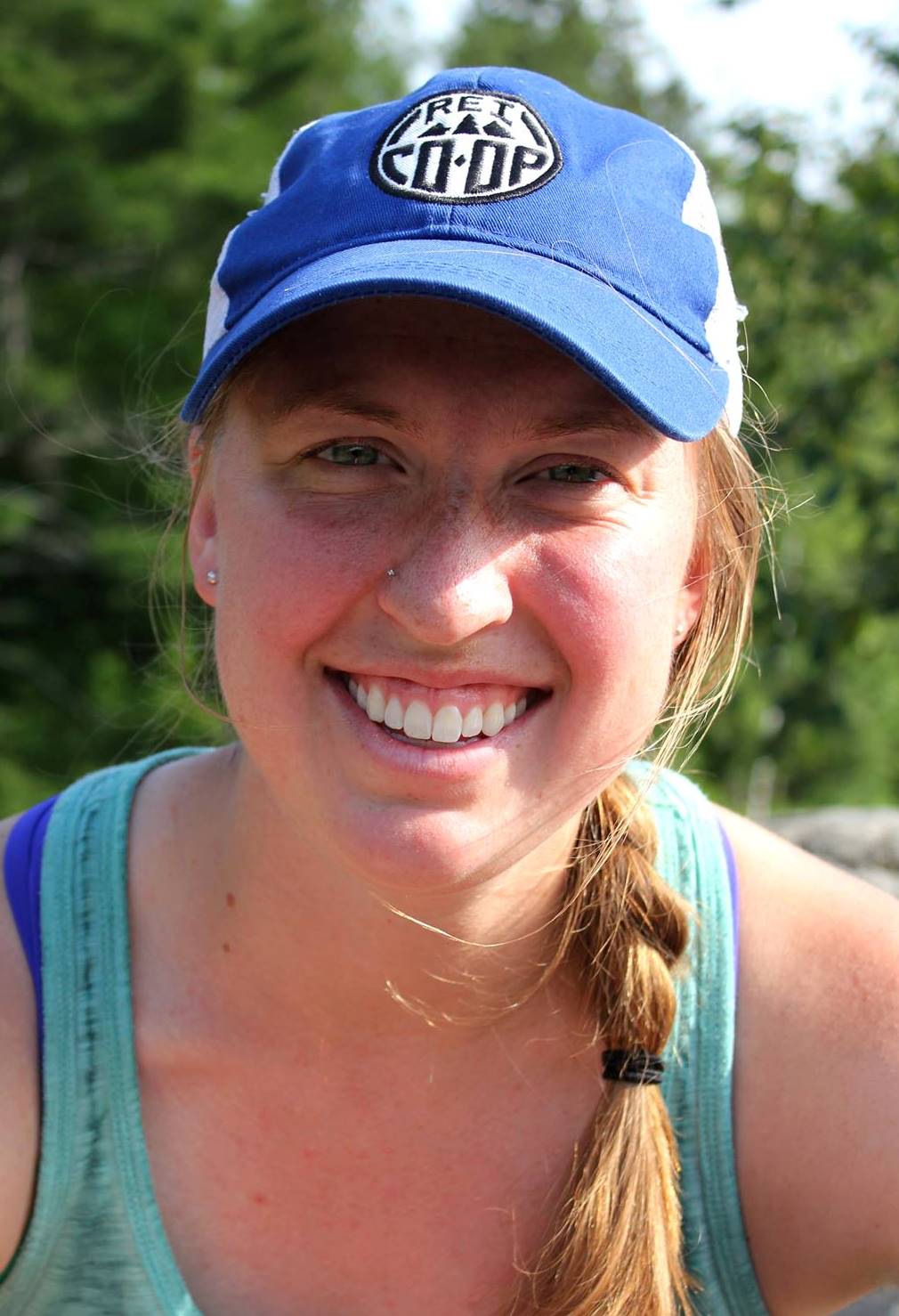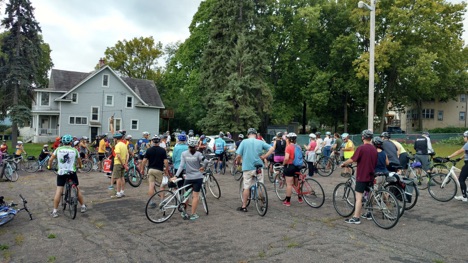
Erin Daly
We recently talked with Erin Daly, co-chair of the Land Use and Transportation Committee (LUTC) to find out more about her, the committee, and how volunteers can get involved.
What are the main issues your committee addresses?
One of our big projects is Complete Streets, which is helping to develop comprehensive urban planning so that transportation is centered around pedestrians and bikers first, then public transit, then cars. We also advocate for more access to recreation and transit nodes that connect riders with bus rapid transit or trains. We think this is important for a number of reasons, including that it helps make communities healthier and safer, it’s more environmentally sound, and it builds more equitable communities. Regarding equity, communities of color are disproportionately affected by lack of transportation options and pollution and we want to help change this.
Also, we work on land use issues so that urban planning creates density rather than sprawl and builds housing that supports the use of public transit, walking, and biking over cars.
What are some specific examples of LUTC activities?
We helped put together the Minneapolis Complete Streets Policy, approved in 2016, that now serves as a planning guide for transportation in Minneapolis. It addresses issues such as bike lanes, ADA-compliant crosswalks, and access to public transportation. We partnered with other organizations to gather information from the community about transportation needs and we built community support for active transportation (biking, walking) and public transportation.
Our committee helps alert community members to transportation and land use issues and helps them get involved in the public comment process, such as by testifying at public meetings, writing letters to the editor, and signing petitions.
We do an annual bike tour that highlights Twin Cities infrastructure projects. In 2017, our tour highlighted the proposed Blue Line light rail extension (see photo below).
One important issue we’re working on right now is the draft comprehensive plan for Minneapolis. This plan is called Minneapolis2040 and outlines city planning priorities for the next 20 years. These priorities involve things like housing, transit, and economic development. Our committee is working with other Sierra Club committees and other organizations to coordinate public feedback and comments and develop a coherent response so that our concerns regarding housing, transit, and other issues are heard. We have until July 22, 2018 to give input at public meetings and online.
We also helped get people involved in supporting safer street design at the intersection of Hiawatha Avenue and Lake Street in South Minneapolis.
How did you get involved with the Sierra Club?
My parents were long-time Sierra Club members, and when I was growing up, I thought of it as an organization mostly involved in traditional environmental conservation. I didn’t understand the full scope of the work until I was in college. Then, I worked as an intern for the Sierra Club and got a lot of exposure to local transportation issues that were rooted in concerns around the environment and equity. It fit very well with my interest in Urban Planning, in which I’m now pursuing a graduate degree. I learned that Sierra Club is very relevant in that it always has a presence in local issues, not just conserving far off natural places.
What is the most rewarding aspect for you of working on this committee?
Helping people learn about what’s happening and how they can get involved, and getting people tuned in to city processes so they know how to affect those processes.
Why should people get involved in the Land Use and Transportation Committee?
Land use and transportation issues are so relevant to everyone. The campaigns we work on address issues in our own backyards. We help keep people in tune with what is happening right here in the Twin Cities. We help people make their voices heard on issues they care about.
What’s the next step if someone wants to get involved with this committee?
The best way to start is to come to a committee meeting. We meet on the first Monday of the month from 6:00-8:00 p.m. at the Sierra Club North Star Chapter office (2327 E. Franklin Avenue, Suite 1, Minneapolis, MN). People can also get more information by contacting Joshua Houdek, the Land Use and Transportation Program Manager (email: joshua.houdek@sierraclub.org; phone: 612-659-9124 x307).
